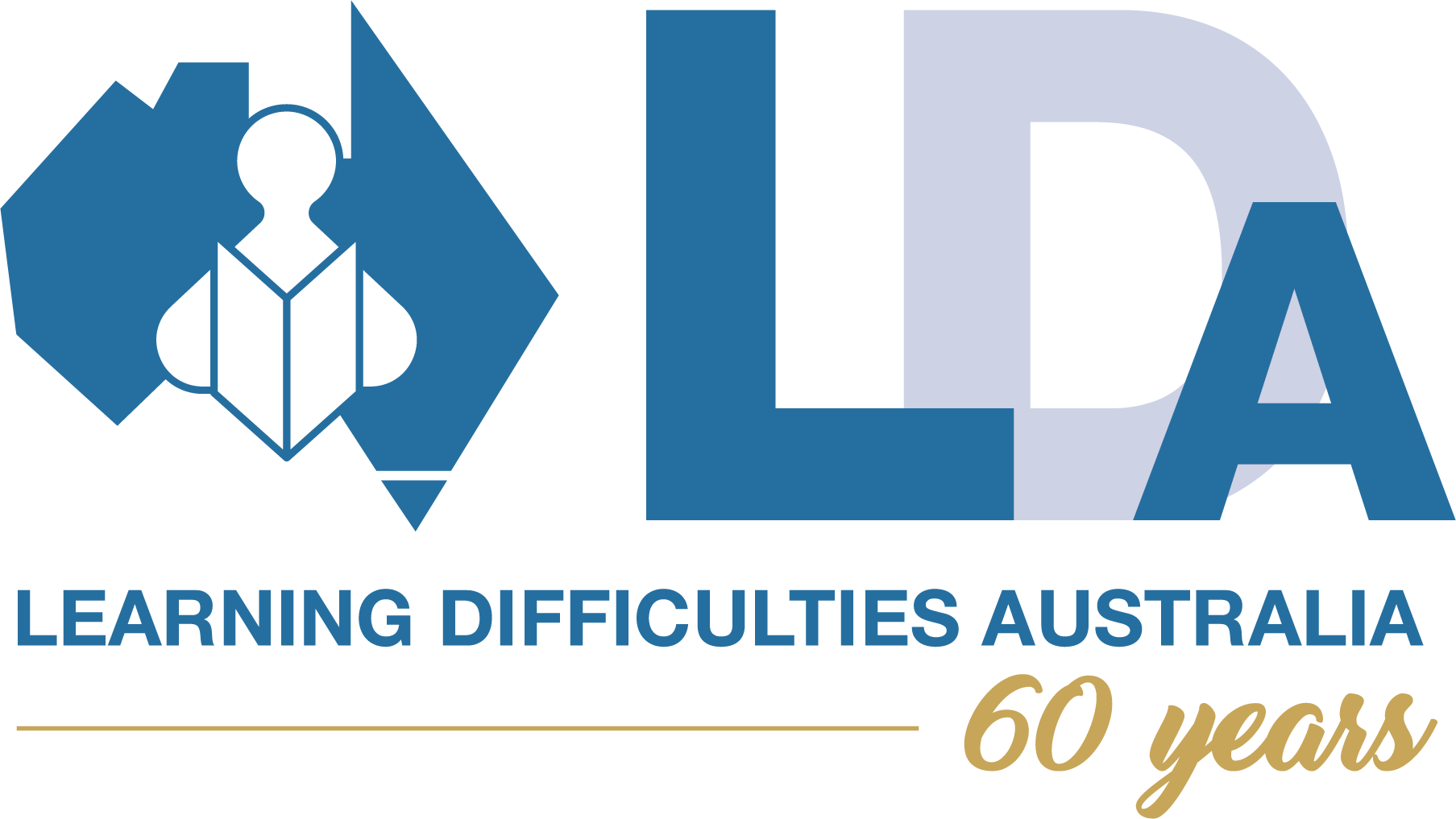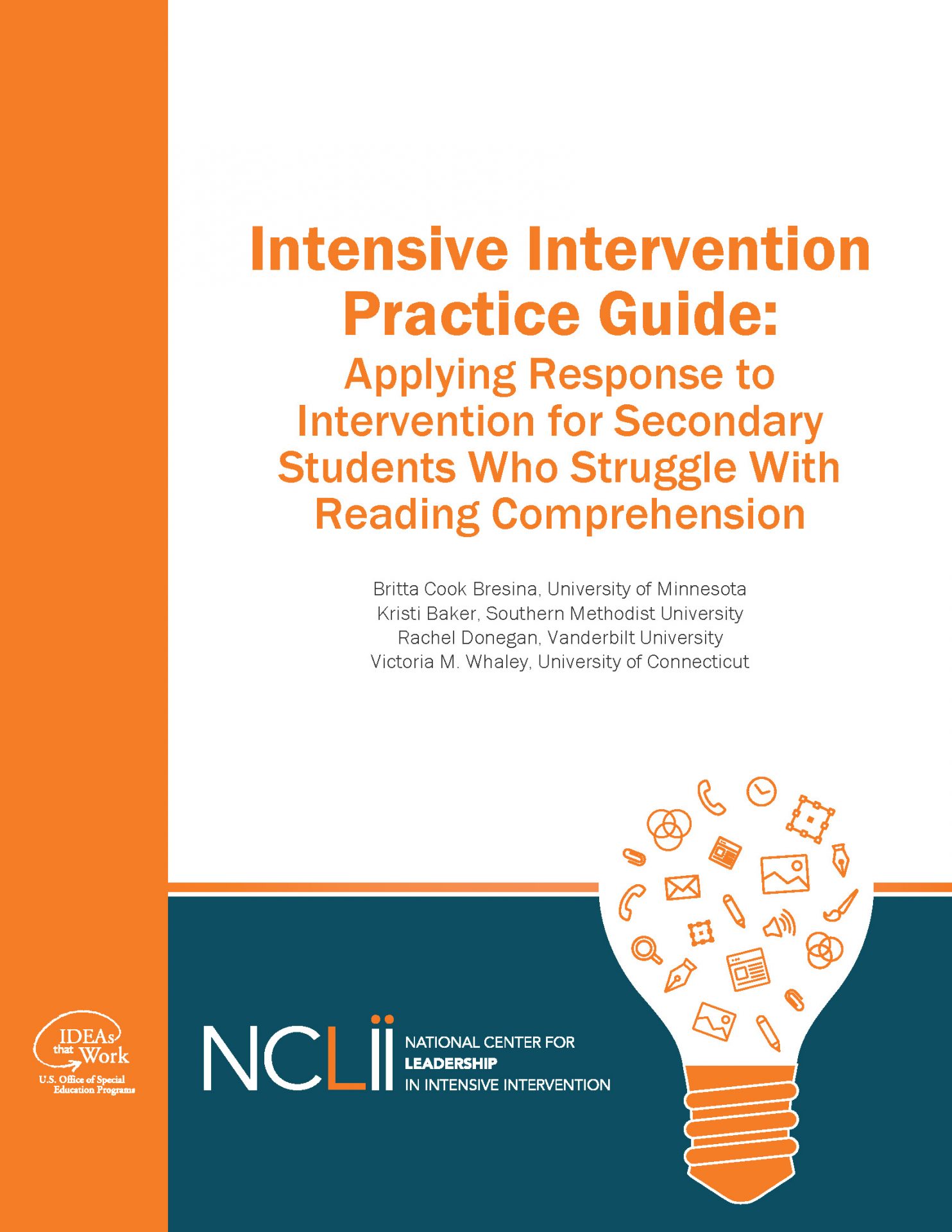Morphological awareness plays a crucial role in supporting higher-level text processing. We examined its contribution to reading comprehension in...
Morphological awareness plays a crucial role in supporting higher-level text processing. We examined its contribution to reading comprehension in children of different ages and ability levels in order to determine when and for whom morphological awareness is of particular...
Morphological awareness plays a crucial role in supporting higher-level text processing. We examined its contribution to reading comprehension in children of different ages and ability levels in order to determine when and for whom morphological awareness is of particular importance.
Highlights
What is already known about this topic
Morphological awareness of inflections and derivations is significantly associated with reading comprehension but partly mediated by vocabulary knowledge.In general, morphological awareness becomes an increasingly important predictor of reading comprehension between 6 and 11 years.Children with poor reading comprehension exhibit weaknesses in morphological awareness.
What this paper adds
Awareness of morphological compounding, inflections and derivations comprises a single factor in developing readers aged 6 to 13 years.Morphological awareness makes a unique contribution to reading comprehension ability beyond oral vocabulary and word reading skill.The relationship between morphological awareness and comprehension ability is evident and comparable in strength across the age range, and morphological awareness predicts reading comprehension across the ability range.
Implications for theory, policy or practice
An appreciation of morphology should be taught from the earliest stages of reading instruction to early adolescence.Weak morphological awareness is an indicator of reading comprehension difficulties.Both good and poor comprehenders will benefit from enhanced morphological awareness.


